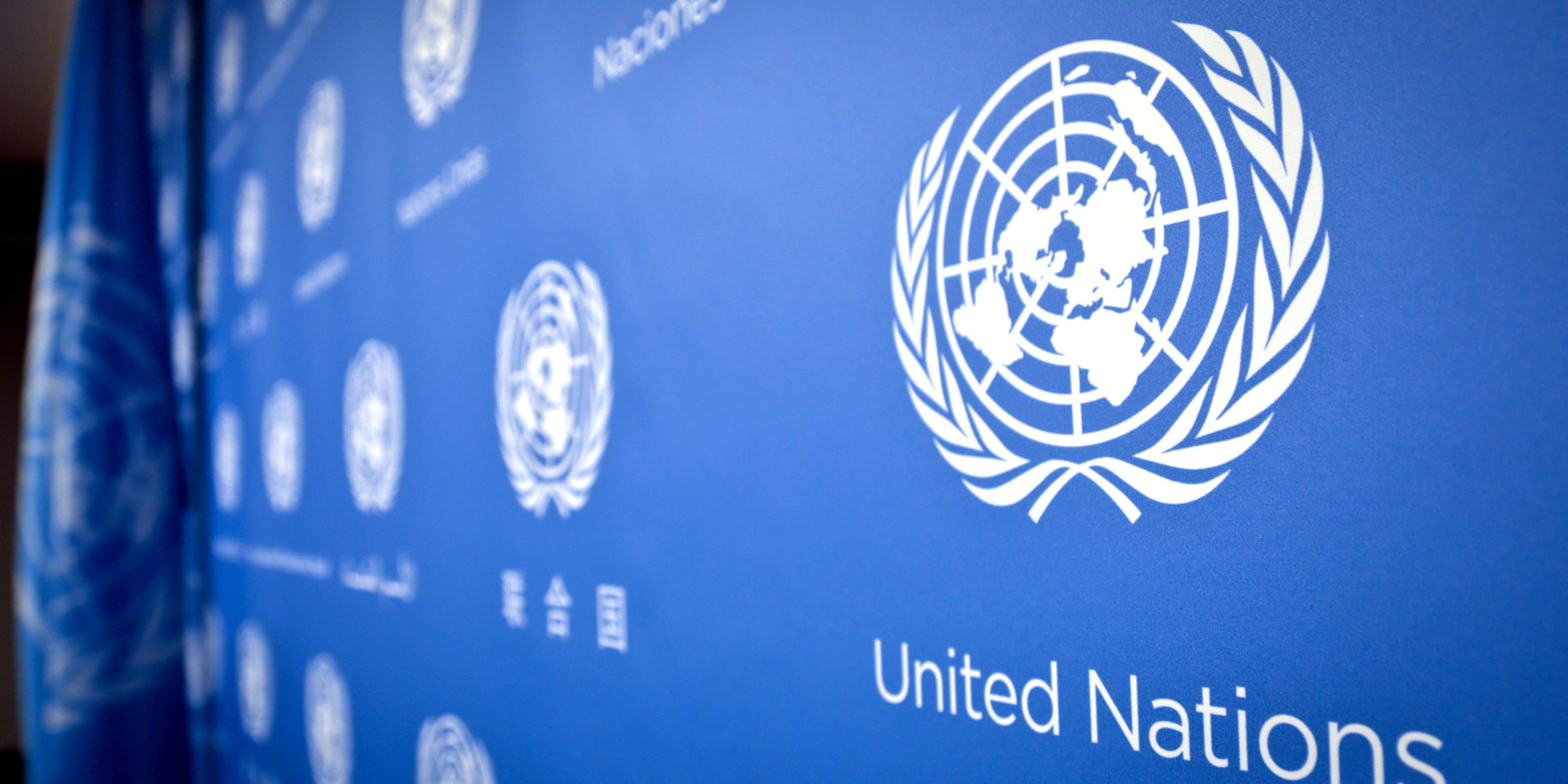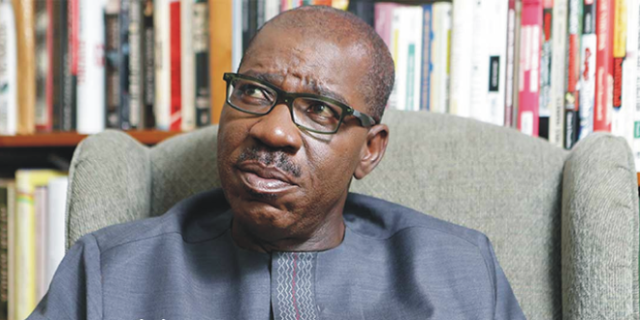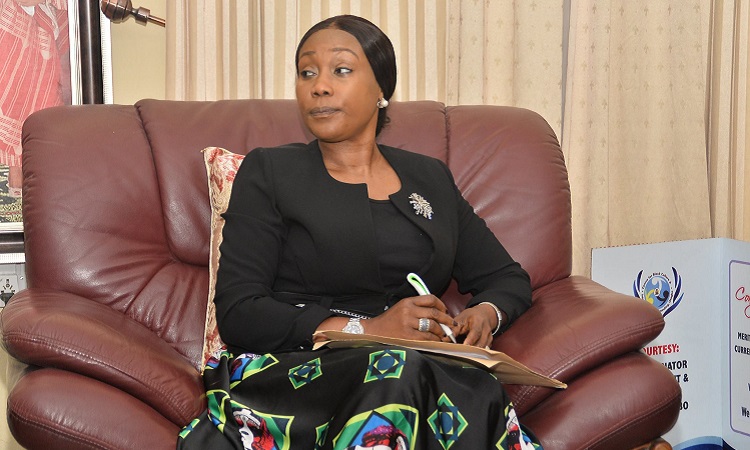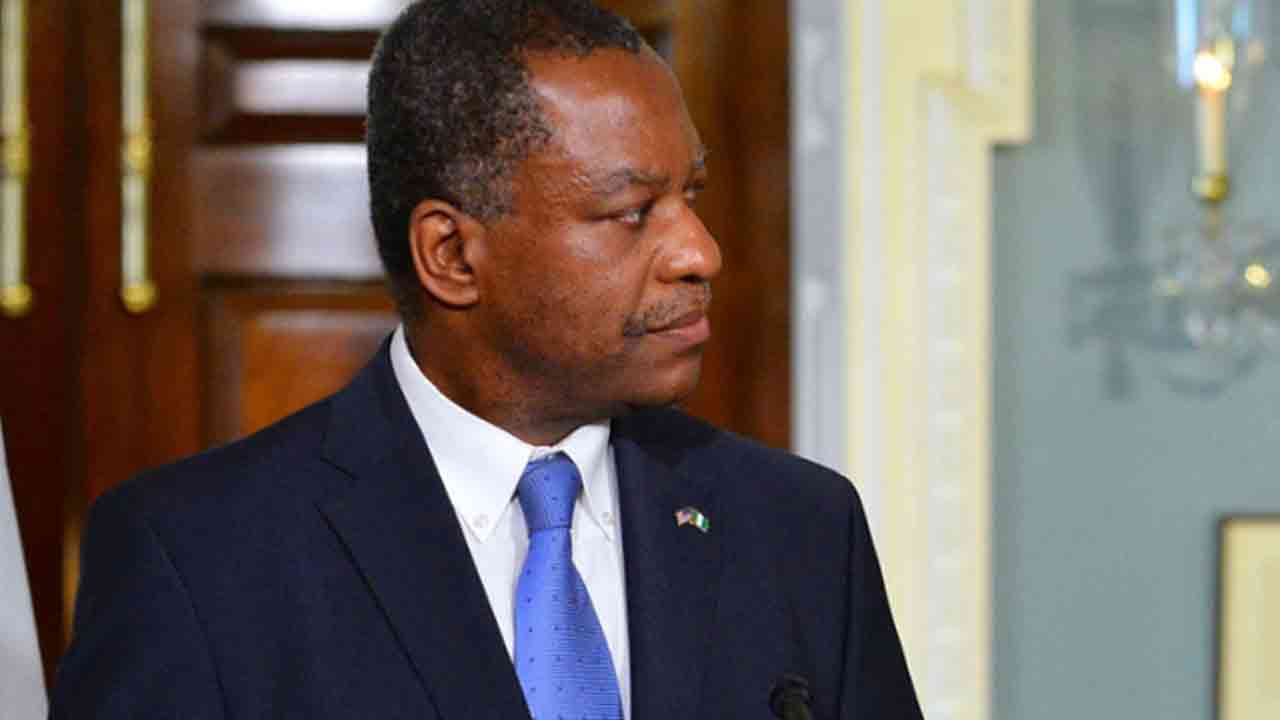Dame Julie Okah-Donli, Director-General, National Agency for the Prohibition of Trafficking in Persons (NAPTIP), said no fewer than 13,000 trafficked persons have been rescued by the agency.
Okah-Donli disclosed this in an interview with the Correspondent of the News Agency of Nigeria (NAN) in New York at the premiere of a movie about human trafficking in Nigeria.
The movie, ‘Mrs Adams’, which premiered at the Nigeria House, came at a time Nigerians and Africans were taking the perilous Mediterranean Sea route to Europe, and was produced by QueenBlessing Itua.
“So far, we’ve rescued over 13,000 victims, we’ve prosecuted about 339 traffickers and we’ve rehabilitated about 8,000 victims as well,” she said.
According to her, the prostitution trade, which draws its recruits mainly from human trafficking, is estimated at roughly 150 billion dollars business.
She, however, cautioned Nigerians against referring to trafficked persons as prostitutes, saying they are victims, not criminals adding “a prostitute works for herself and cuts the shots”.
“But somebody who is sexually exploited does not work for herself, she work for someone else; she does not even have the freedom or access to the money”.
She said many victims were scared to talk because most traffickers were known to them – family friends, boyfriends, brothers, fear of reprisals or death because of sworn oath.
“Some of them came back with all sorts of conditions – some treatable, some untreatable, some with hepatitis, HIV, some with full-blown AIDS,” she said, adding many of the victims has psychological problems.
“A lot of them come back mentally sick and so we have to refer them to the mental hospitals because they were traumatised, they’ve been beaten, raped and used.”
Okah-Donli regretted that while NAPTIP tried to arrest the perpetrators, they sometimes connived with some law enforcement officers, who were supposed to protect the victims, and allowed them to escape.
According to her, NAPTIP is making a case to ensure that NAPTIP officials are at the airports and borders to check such abuses.
She said human trafficking involved recruitment, transporting and harbouring of human beings to exploit them sexually, for forced labour or for the purpose of organ harvesting through force, deceit, abduction, or fraud.
She accused destination countries of irregular migrants of corruption at the detention centres, saying that is where people go to buy them for organ harvesting, sexual exploitation and forced labour.
The NAPTIP chief, in an emotion-laden narrative, decried the rampant cases of organ harvesting, whereby people waiting for transplant went to the ‘black markets’ to buy the organs.
“People buy men, women, boys and girls, and use them for sexual purposes or for taking their organs off them and using them for whatever purpose or sell them outrightly.”
She said the Federal Government was responding to trafficking in persons through the domestication of the UN Convention on Transnational Organised Crimes and establishment of NAPTIP, among others.
Okah-Donli added that trafficked persons, when rescued by NAPTIP, were counselled, treated, some went back to school while some were trained in skills acquisition programmes.
“For us, ‘prevention is better than cure’. We try to prevent by sensitising everyone and of course we are trying to change the mindset of our youth who think that anything outside Nigeria is the best.
“They think when they go abroad, there’s work waiting for them, there’s money everywhere. So we’re trying to make them believe, first of all, in their country and in themselves.”
The NAPTIP chief said the Federal Government was signing bilateral agreements with the various countries of destination adding, it planned to sign mutual legal assistance with all the endemic countries.
NAN reports that another book, authored by Itua, ‘We are the Blessings of Africa’, which stressed the urgent need to change the perception about Africa adding, was also launched at the event.
It was attended by Nigeria’s Permanent Representative to the UN, Prof. Tijjani Bande, his Deputy, Amb. Samson Itegboje, and Senior Special Assistant to the Wife of the President, Dr Hajo Sani.
Others were Nigeria’s Consul-General in New York Tanko Suleiman, representative of the Minister of Women Affairs, governors’ wives, commissioners for women affairs, and the civil society organisations.





